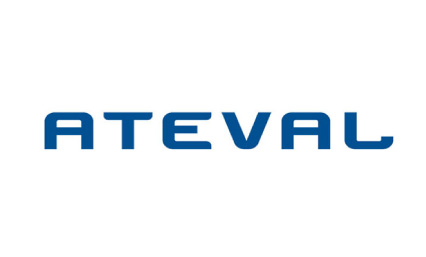Textile
Resilience and capacity for transformation
The textile industry is fundamental to consolidating the productive network and helping people settle in the various municipalities in rural areas, such as Els Ports and El Maestrat, which have a long history in the textile industry. Its resilience lies in knowing how to adapt to market situations and client needs while struggling in a context of changing consumer habits and fierce international competition. The main local firms are keeping most of their production in the province, reinforcing their commitment to design, differentiation, and product quality in a market in which efficiency and logistics are also key to winning the future.
Large companies in the province
The textile sector in Castellón is quite heterogeneous, despite the fact that the best-known firms are possibly Dolores Cortés and Marie Claire, both of which belong to the fashion subsector and are well known around the world.
Presence in more than 15 countries
20.4% of textile employment in the province
2% of workers employed in industrial sectors
Together with a group of Spanish companies at the end of the last decade
Alongside them are companies such as Inmatex,a benchmark company in the Valencia Community in terms of the production of fabrics for the main textile companies worldwide. Hilaturas Temprado, which, from its factory in Morella,is the leader in the regional costume sector in Spain and supplies its fabrics to shops in Portugal, France and Germany or Ferpapunt, knitwear manufacturer located in Vall d’Alba and headquartered in Portell.
Internationalisation and innovation
Internationalisation is one of the factors that fosters the growth of small- and medium-sized businesses and is one of the cornerstones for consolidating the trade balance.Together with their innovative capacity, it is one of the key features that has favoured the textile sector’s competitiveness in recent years.
The main firms sell an average of more than 20% of their manufactured products outside Spain.

